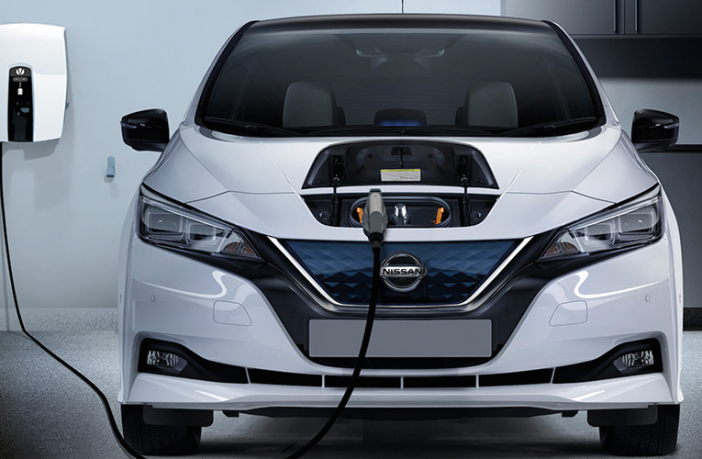- Electric vehicle (EV) sales are expected to reach 62 million units per year by 2050, with a total global EV stock of 700 million, according to new research from Wood Mackenzie.
Shortly before that date, in 2047, battery electric vehicle (BEV), plug-in hybrid electric vehicle (PHEV) and fuel cell vehicle (FCV) sales will combine to eclipse internal combustion engine (ICE) sales globally for light-duty vehicles for the first time.
EV sales are expected to top a combined 7 million a year in China, Europe and the US by 2025. Improved EV costs will propel sales and double EV numbers to a combined 15 million a year in those three regions by 2030. All automobile sales in Europe (86%), China (81%) and North America (78%) will predominantly be EVs by 2050, says Wood Mackenzie.
“In 2020, global EV sales surged 38% despite a decline of 20% in all car sales. Emissions regulations in western Europe were successful in doubling EV adoption despite the crippling coronavirus pandemic. This provides a roadmap for other countries and regions with similar goals to stimulate EV sales growth,” said Ram Chandrasekaran, Wood Mackenzie Principal Analyst.
Today’s major automakers – Volkswagen, Tesla, General Motors, Fiat-Peugeot, Renault-Nissan and Hyundai – will continue to make up a large share of future EVs. “Most automakers are a few years behind Tesla in terms of technology and efficiency. However, they can quickly outgun Tesla when it comes to manufacturing capacity and quality” added Chandrasekaran.
Lead by electric buses and light trucks, annual commercial EV sales are expected to top 3 million by 2025 and triple to nearly 9 million by 2030. Annual commercial vehicle sales are projected to reach 6.4million by 2050, while global stock will swell to 54million.
At a whopping 88% of the total 416 million charging outlets globally by 2050, residential chargers are projected to be the primary mode of charging for EVs globally.
“Despite the growing dominance of EVs, global oil demand from light-duty vehicles is projected to reduce by only 24% over the next 30 years. Slow erosion of ICE stock and an increased demand from emerging economies are the main reasons for this lethargic drop,” said Chandrasekaran.
Author: Bryan Groenendaal
Source: Woodmac















